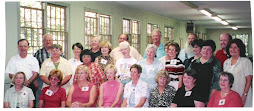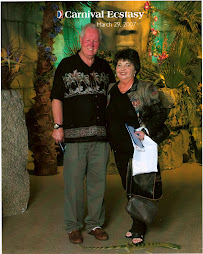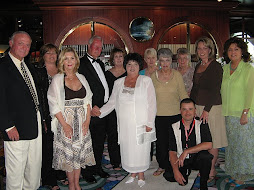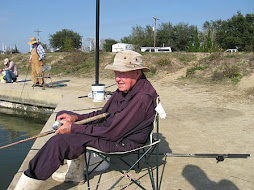Words Fitly Spoken…
The power of the tongue
By Brenda Cannon Henley
Senior Correspondent to The Examiner
Man, words are powerful things. They can bring joy, pain, laughter, tears, fun, sadness, comfort, unhappiness, and they can ruin a person’s reputation with just a few of them hurriedly strung together and shared. Words can also be uplifting, edifying, teaching, complementing, and godly, according to Scripture. A friend’s words are pleasant, but an enemy’s word can cut to the heart and soul of a person.
The tongue and its power is discussed broadly in the small Book of James. In only five chapters, we are given more truth than we can probably handle.
The Book of James was written in A. D. 45 to Christian Jews scattered from Jerusalem. The author was not the brother of John, according to scholars who know a lot more than I do about the matter. It was instead “James, the Lord’s brother,” according to Galatians 1:19 and mentioned again in Matthew 13:55, along with Jonas, Simon, and Judas or Jude who wrote the Book of Jude. James presided over the council at Jerusalem, according to Acts 15:2, 13-21.
The Book of James includes themes of faith versus works, the sin of the tongue, and healing in answer to prayer. A brief outline of the book could include: Chapter 1, 2 — Faith tested and proved by tribulation. 3 — The evil of an uncontrolled tongue. 4 — The rich are warned. 5 — Affliction, patience, payer of faith for healing. Wow, that’s a lot to cover in five short chapters.
I particularly like the passage in Chapter 2 where we learn we are not to have respect of persons because they are wealthy, wear bright, colorful clothing, or can help us. We are warned about becoming judges of one another and ignoring the less fortunate among us.
James 3:3 tells us that men put bits in the horses mouth to tame them and that ships are guided by small rudders, and yet, our tongues are very small parts of our bodies that can cause great disturbances. We learn that the tongue is like a fire and an unruly evil, full of deadly poison. Out of the same mouth comes forth blessing and cursing and that should not be so. “Does a fountain send forth at the same place sweet water and bitter?”
Verse 16 teaches, “For where envying and strife is, there is confusion and every evil work.” Our busy tongues fan the flames of gossip, cheap slander, untruths, and hurt. Chapter 4 teaches a vital truth to real Christianity. “Draw nigh unto God, and He will draw to you.” If we are diligently attempting in our daily walk to draw nigh unto God, we will have to be busy guarding those wagging tongues and keeping those “potty mouths” silent.
Going back to Chapter 1 of the Book of James, again we read in Verses 5 and 6, “If any of you lack wisdom, let him ask of God, that giveth to all men liberally, and upbraideth (does not scold one for asking) not; and it shall be given him. But let him ask in faith, nothing wavering (not vacillating). For he that wavereth is like a wave of the sea driven with the wind and tossed.”
In Sunday school classes the world over, pre-school boys and girls are taught to sing, “Oh, be careful, little mouth, what you say. Oh, be careful, little eyes, what you see. Oh, be careful, little feet, where you go. Oh, be careful, little hands, what you do.” Might not be a bad song for all of us to sing again and mean it from the depths of our hearts.
Brenda Cannon Henley can be reached at (409) 781-8788 or at brendacannonhenley@yahoo.com.
Bio sketch: Brenda Cannon Henley is semi-retired from The Examiner and makes her home on the Bolivar Peninsula on the beautiful Southeast Texas Gulf Coast. She has enjoyed a long career in writing and has many awards and testimonies to her professional career. Read more at Henley’s blog spot at brendacannonhenley.blogspot.com. If your church is having a planned event or special speaker, please let Henley know and she will cover as many as time permits.







.jpg)

































